Clarissa Bye: Evil lurks in quiet suburbia, we need to stop it
As evil infiltrates the tranquil suburbs of Sydney, we need to do everything we can to prevent crime from getting a foothold in society, writes Clarissa Bye.
Opinion
Don't miss out on the headlines from Opinion. Followed categories will be added to My News.
Where does evil lurk in our society? The other Friday night I was walking my border collie down by the Georges River.
It was a magical twilight after a gusty day that blew away the pollution, the sky coloured in sharp cool pinks and violets before the stars came out.
Like a storybook, the dark river reflected the lights of the waterfront mansions, those incredible feats of engineering that make you marvel that people can build such things.
I was listening to a podcast discussing the rather esoteric topic of angels and demons, how they turn up in history and in the Bible.
As I walked home, I looked around the quiet streets and manicured gardens and thought, how could there be such a thing as an evil entity in this world?
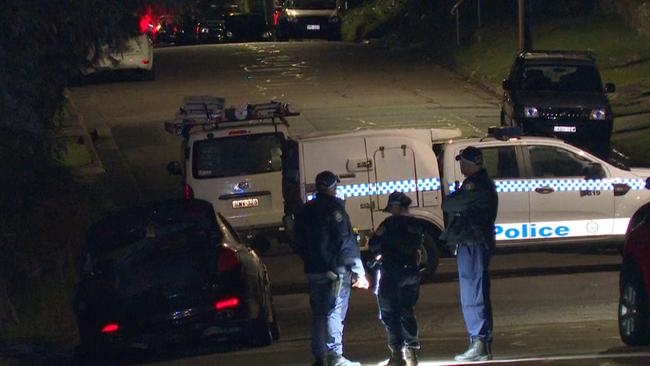
Then I heard sirens, but thought nothing of them, assuming they were those ambulances that we’ve heard a lot of lately.
As I walked into the kitchen, my husband had the radio on and said a nine-year-old girl had been shot at Connells Point, on the other side of the river.
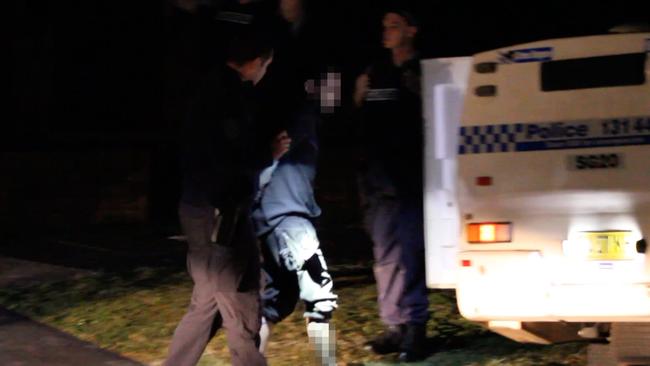
A little while later, the WhatsApp on my phone started pinging — the girls from my soccer group were messaging about a car set alight in Annette St Oatley, two streets away from where I live.
“Unbelievable anywhere, let alone in our neighbourhood,” one friend commented. Another replied: “Locked my car doors on my way home.”
Early next morning I jogged past the charred embers left from the burnt out car, right outside the Oatley Pleasure Grounds.
An empty police car stood guard — and the pine log guard rail was still smouldering puffs of smoke in the morning light. There was evil right there.
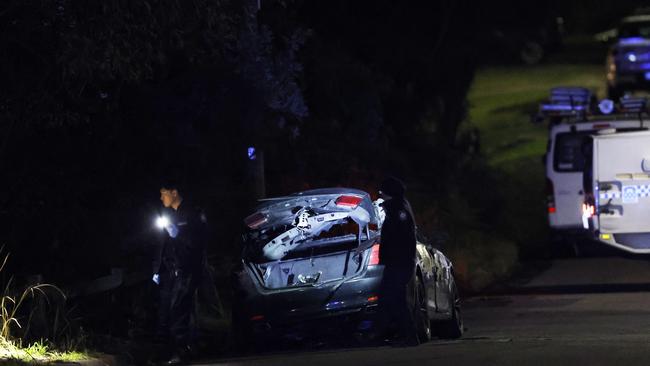
Later, a gun was found among the gumtrees in the serene gardens, where I’ve swum and the Oatley Bay Sea Scouts have a shed to teach kids boating.
That podcast had said there’s always a battle going on between good and evil but you’re not always aware of it.
I thought of that while watching Baz Luhrmann’s Elvis movie that weekend and the performance of Tom Hanks as Colonel Parker.
He seemed to be playing the part of a pantomime villain, almost twirling his moustache as he peered around corners and plotted against the hapless Elvis. Later, I read a review arguing that because of his facial prosthetics, Hanks couldn’t express a more complex range of emotions. And so we couldn’t get into his mind or soul.
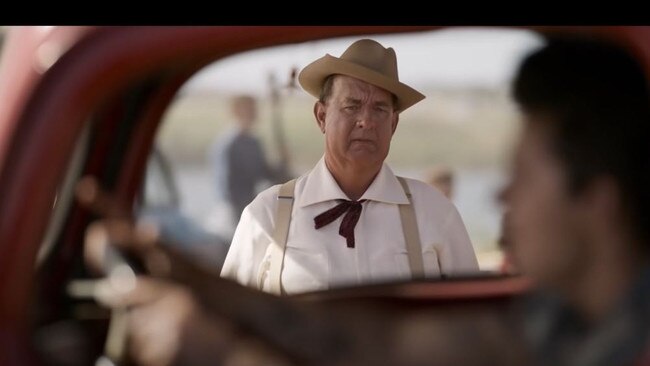
Having studied philosophy at university in recent years, on more than a few occasions I’ve been set readings touching on German philosopher Hannah Arendt’s thesis on the “banality of evil”.
She escaped the Holocaust and later wrote about the trial of Nazi official Adolf Eichmann, trying to understand how someone could send so many to their deaths — and found a bland bureaucrat, an ordinary man, who drifted into evil, rather than a cliched monster.
He did what many other Germans were doing at the time, swept up in a powerful ideology where evil deeds were normalised.
Wrongdoing also became normalised in mafia-controlled Sicily. Over the course of more than a century, organised family crime networks infiltrated all levels of society, from local councils to hospitals.
By forcing everyone to tolerate them, they ended up running Palermo, the capital, resulting in almost a murder every day on their streets during the 1990s until the local citizens finally rebelled.
Here in Sydney, bullets are being fired regularly into homes, parks and cars.
There’s been at least 81 non-fatal public shooting incidents in Greater Sydney from April 2020 to March this year.
Yet when I asked the NSW Bureau of Crime Statistics about this, they said the number of non-fatal shootings over the decade is on a downward trend, falling 7.3 per cent on average each year.
Back in 2012, in one dark moment, there were 32 shootings in Sydney in the month of April and 218 incidents that year.
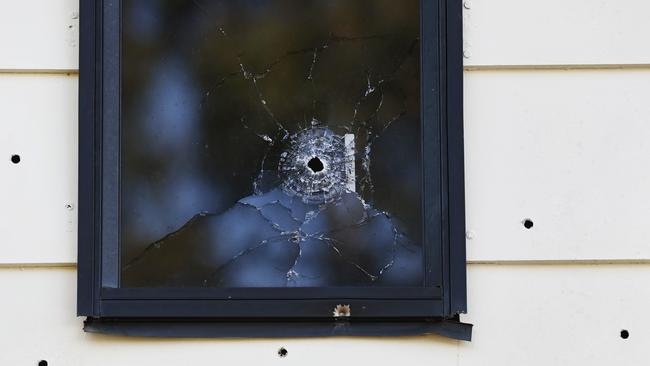
A report the next year pointed out nearly half of all non-fatal shooting incidents occurred in Canterbury-Bankstown, Fairfield-Liverpool or Central Western Sydney, despite those suburbs housing only 15 per cent of NSW residents.
The figures are up and down most years — but usually total more than a 100 annual random shootings in the city. The figure should be zero.
It’s like a low-grade staph infection in the body of Sydney, where the germ flares up every so often but is tolerated and never eliminated.
And a celebrity culture has begun to grow around these bikie gangster creeps who preen like galahs in front of their phones at gyms and beaches, posting on Instagram along with their ridiculously Botoxed girlfriends.
They’ve been given an undeserved glamour. There’s no glamour shooting kids in pyjamas. Spraying homes with bullets is cowardly.
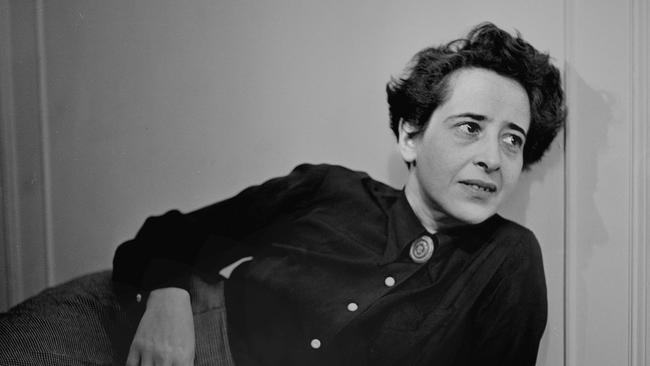
According to Arendt, it was the inability of Eichmann to think — and to think from the standpoint of somebody else — that was key to understanding him.
To put yourself in the shoes of another, “love your neighbour as yourself” is an ideal inherited from our Western Christian civilisation.
On the other hand, tolerating wickedness, because it’s described by police as “targeted” or restricted to certain suburbs, is the antithesis of this. Entire suburbs have been tarnished with this malaise.
We’re all in a battle of good over evil, whether we like it or not, and need to do everything we can to prevent evildoers getting a foothold in our society.





